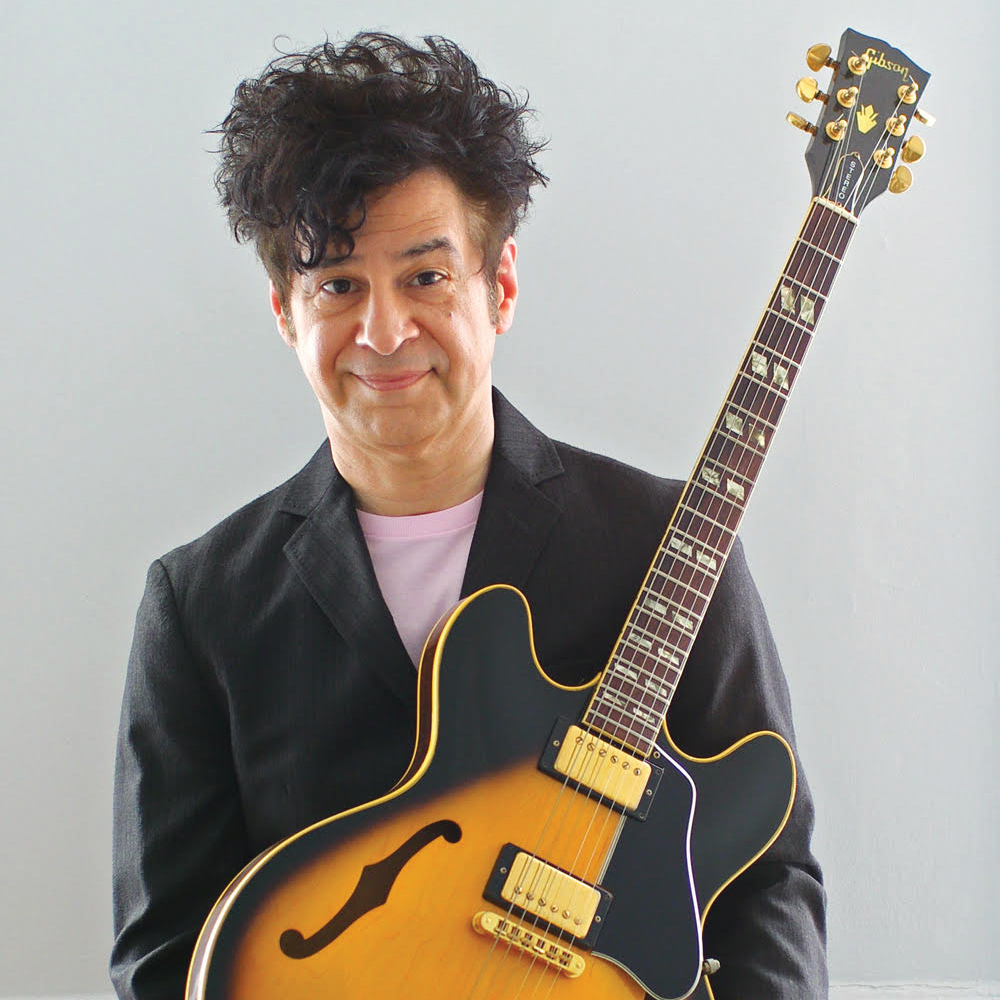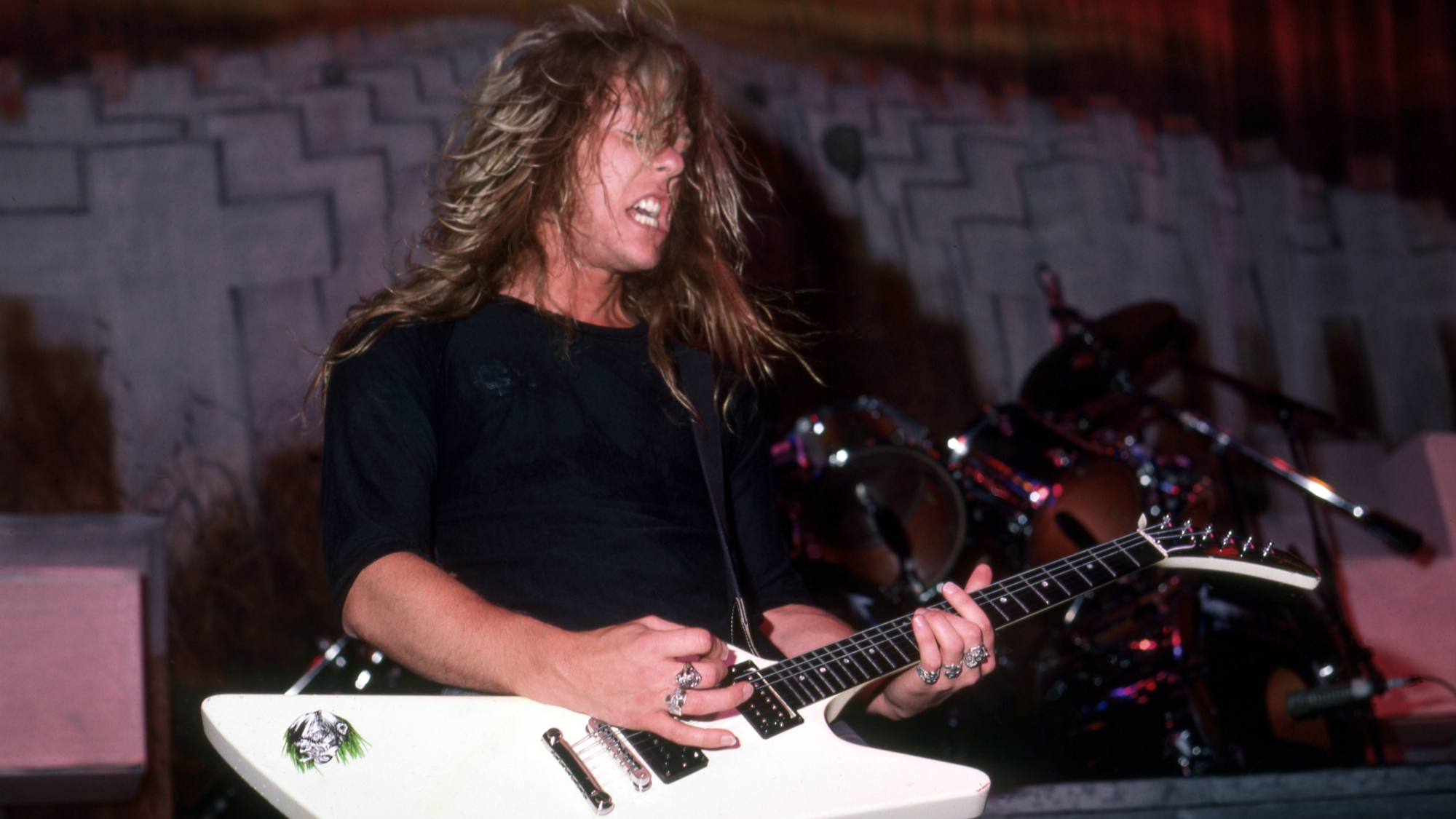Five Simple Minor Pentatonic Hacks That Open Up the Fretboard
Make your pentatonic lines come to life with fresh and unexpected sounds.
Everyone loves the minor pentatonic scale. It’s easy to play and sounds good in many musical styles and contexts.
Unfortunately, it can start to sound predictable.
In this lesson, guitar instructor David Wallimann demonstrates five hacks you can use to make your pentatonic lines come to life with fresh and unexpected sounds.
The hacks include:
Hack 1: Combining Positions (00:07) “This one is very simple but can produce interesting lines that may not sound like your typical pentatonic lick,” David writes. “The idea is to take a few adjacent pentatonic positions and combine them together to create new shapes. Forcing yourself to stick to those newly built shapes will help you come up with new musical lines.”
Hack 2: Bending Approach (00:54) “The idea here is to take a simple pentatonic position, and approach each of its note with a half step bend,” he says. “This technique will give your lines a cool Jeff Beck sound and make your licks sound more organic and less predictable.”
Hack 3: Pentatonic Modes (1:36) “This hack is one of my all times favorites,” David says. “The idea here is to extract from full modes all the relative pentatonic scales. In the shown G Dorian example we can use G minor pentatonic, A minor pentatonic and D minor pentatonic.”
Hack 4: Outside Pentatonic (2:46) “This trick will help you add an interesting fusion sound to your phrasing. The idea is to slide in and out of the given pentatonic scale a half step above or below.”
Hack 5: Chromatic Pentatonic (3:44) “This idea consists in adding chromatic passages between each notes within each strings of a standard minor pentatonic position,” David says. “Think in terms of rhythm when you improvise using this togged a very cool effect.”
Take a look, and be sure to visit David’s YouTube channel for more of his videos.
Get The Pick Newsletter
All the latest guitar news, interviews, lessons, reviews, deals and more, direct to your inbox!
Christopher Scapelliti is editor-in-chief of Guitar Player magazine, the world’s longest-running guitar magazine, founded in 1967. In his extensive career, he has authored in-depth interviews with such guitarists as Pete Townshend, Slash, Billy Corgan, Jack White, Elvis Costello and Todd Rundgren, and audio professionals including Beatles engineers Geoff Emerick and Ken Scott. He is the co-author of Guitar Aficionado: The Collections: The Most Famous, Rare, and Valuable Guitars in the World, a founding editor of Guitar Aficionado magazine, and a former editor with Guitar World, Guitar for the Practicing Musician and Maximum Guitar. Apart from guitars, he maintains a collection of more than 30 vintage analog synthesizers.
“There are so many sounds to be discovered when you get away from using a pick”: Jared James Nichols shows you how to add “snap, crackle and pop” to your playing with banjo rolls and string snaps
Don't let chord inversions bamboozle you. It's simply the case of shuffling the notes around








![Joe Bonamassa [left] wears a deep blue suit and polka-dotted shirt and plays his green refin Strat; the late Irish blues legend Rory Gallagher [right] screams and inflicts some punishment on his heavily worn number one Stratocaster.](https://cdn.mos.cms.futurecdn.net/cw28h7UBcTVfTLs7p7eiLe.jpg)


